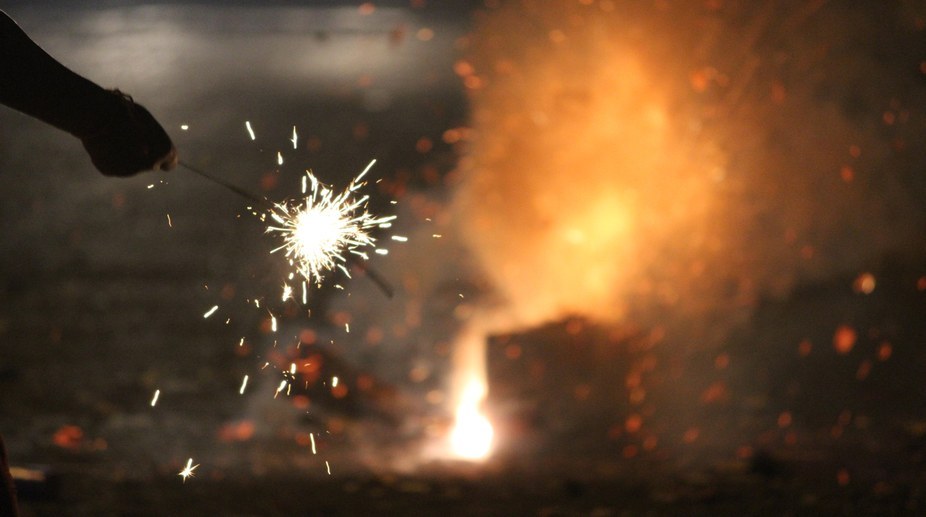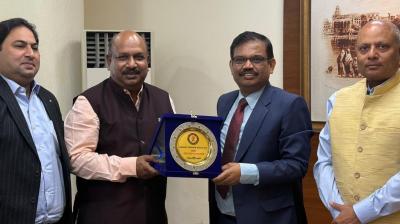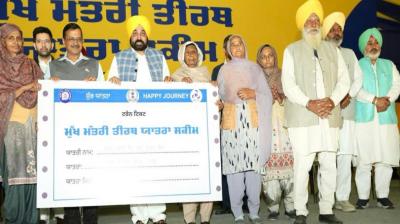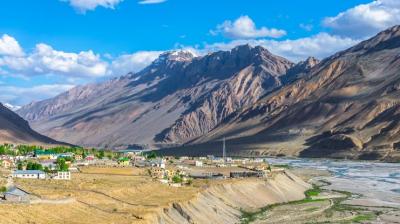
New Delhi:
A quiet and promising evening
gave way to thick haze and noise as Delhi celebrated Diwali
tonight, dashing the hopes of cracker-free festivities,
following a Supreme Court ban on the sale of firecrackers in
the National Capital Region (NCR).
The online indicators of the pollution monitoring
stations in the city glowed red, indicating a 'very poor' air
quality as the volume of ultra fine particulates PM2.5 and
PM10, which enter the respiratory system and manage to reach
the bloodstream, sharply rose from around 7 pm.

Real time pollution data appeared alarming. The Delhi
Pollution Control Committee's (DPCC) RK Puram monitoring
station recorded PM2.5 and PM10 at 878 and 1,179 micrograms
per cubic metre at around 11 pm.
The pollutants had violated the corresponding 24-hour
safe limits of 60 and 100 respectively by up to 10 times.
While it is difficult to quantify the immediate effect of
the ban on firecrackers, residents across the national capital
felt the beginning was promising with neighbourhoods reporting
much lesser noise and smoke till about 6 pm, compared to the
previous years.
But as the festivities picked up, the faint echo of
crackers started growing louder. According to the SAFAR (System of Air Quality and Weather
Forecasting And Research), the 24-hour rolling average of
PM2.5 and PM10 were 154 and 256 micrograms per cubic metre
respectively at around 11 pm.

It has forecast that the pollution levels will peak
between 11 pm and 3 am. The situation was similar, if not worse, in the
neighbouring regions of Delhi such as Gurugram, Noida and
Ghaziabad, where crackers were burst as usual, raising
question marks on the efficacy of the administration in
enforcing the apex court's ban.
However, the SAFAR has also predicted a relatively
cleaner post-Diwali air due to favourable meteorological
conditions, which are helping prevent the smoke-filled air
from the agricultural belt of Haryana and Punjab from entering
the national capital.
A 'very poor' air quality index (AQI) essentially means
that people may suffer from respiratory illnesses on a
prolonged exposure to such air. If the air quality dips
further, the AQI will turn 'severe', which may trouble even
those with sound health conditions and seriously affect those
with ailments.
The Supreme Court-appointed Environment Pollution
Prevention and Control Authority (EPCA) is empowered to
enforce the Graded Response Action Plan (GRAP) to combat air
pollution in Delhi-NCR.
Measures under the GRAP's 'very poor' and 'severe'
categories, which include a ban on diesel generator sets, came
into effect on October 17 and they will remain in force till
March 15.













